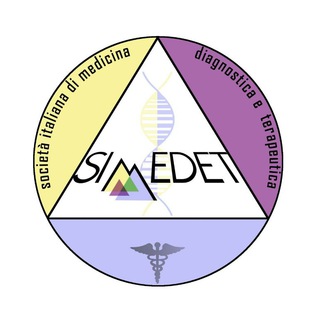2Medical.News
365 subscribers
Every Day, 2Medical.News from the most Trusted Journals
https://2medical.news
Aldo Lorenzetti M.D, Internal Medicine & Hepatology, Milano - SIMEDET Delegate
https://2medical.news
Aldo Lorenzetti M.D, Internal Medicine & Hepatology, Milano - SIMEDET Delegate
If you have Telegram, you can view and join
2Medical.News right away.
2Medical.News right away.
